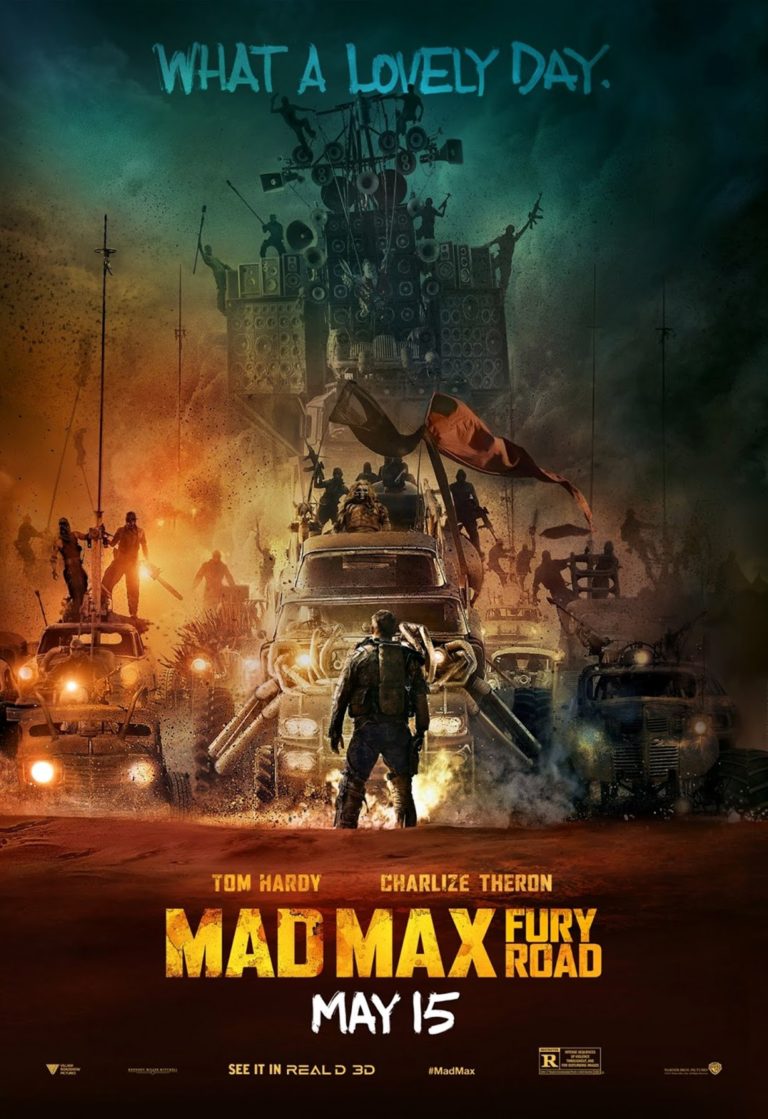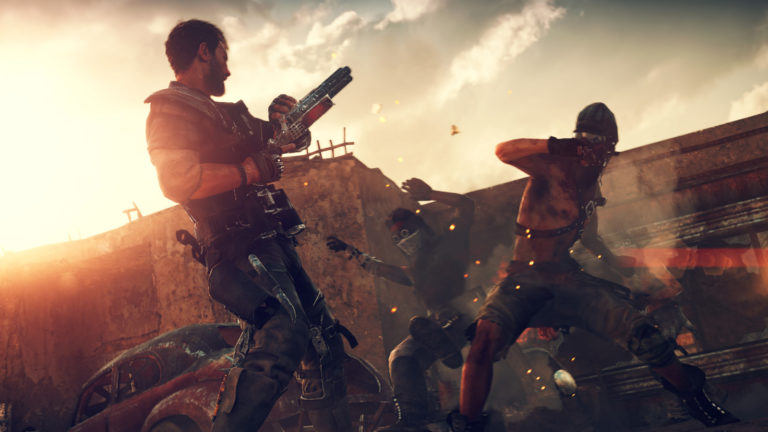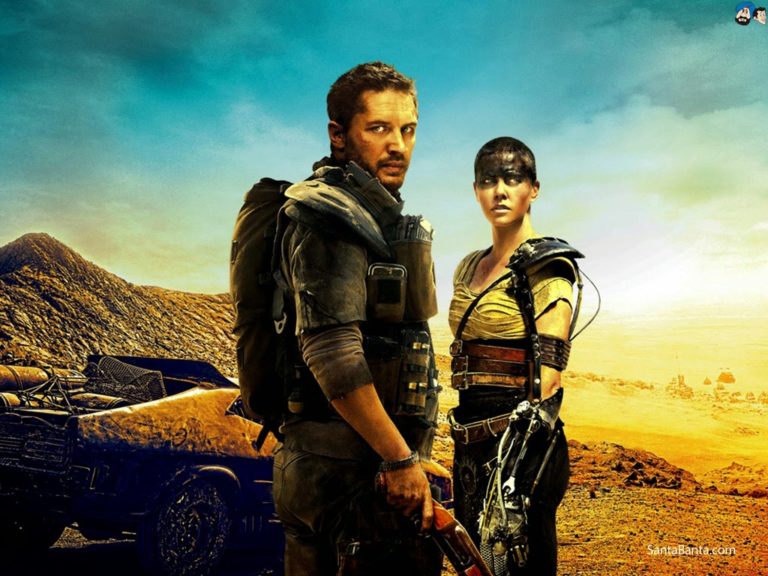It’s the end of the decade, so you know what that means – big retrospectives of the...
mad max
Critical reviews are an endless source of discussion in popular culture. On the one hand, they offer...
MINOR UPDATE: So it has come to my attention that this whole “controversy” started because of one...


